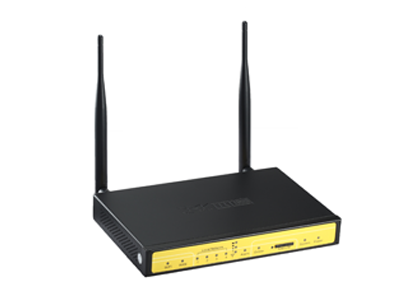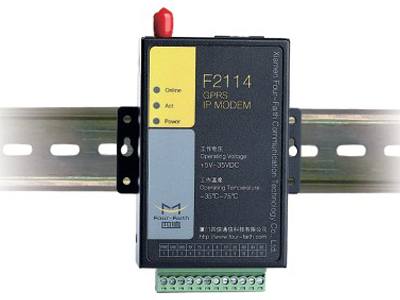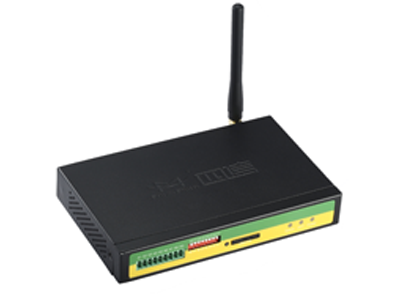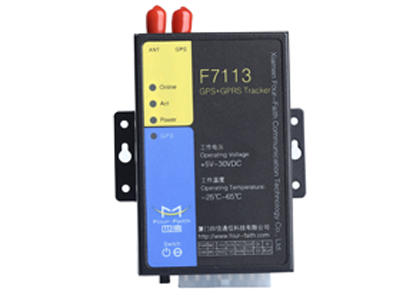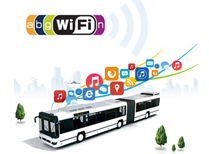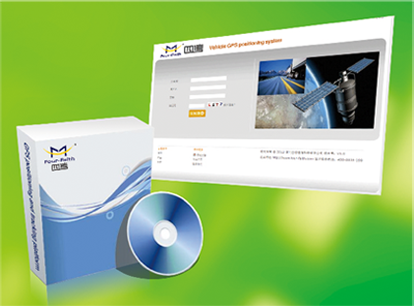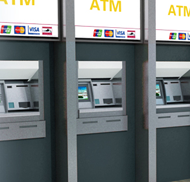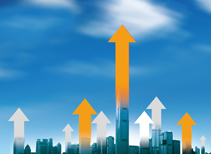
Professionals and leaders of European utilities and other companies in the sector met last week at the Smart Metering UK and Europe Summit to analyse how technological innovations can help improve their business. M2M technology and smart metering solutions are providing the answer.
In order to pin down exactly what a true smart grid is like, how it can guarantee energy efficiency and the sustainability of the electricity system and resources, the European Union set the goal, back in 2009, to achieve the introduction, by the end of 2020, of smart metering systems for 80% of consumers.
Although some analysts like Berg Insight forecast that Europe will not be able to reach that ambitious goal, the degree of penetration is expected to reach a no less impressive range of 60% to 70%. In fact, it has been estimated that the installed base of smart meters will grow annually by 18.5% over the next six years, reaching 170.1 million units by 2019.
Just in the United Kingdom, Telefónica has been rolling out the world's largest smart meter project to date and it will include over 53 million units by 2020. In Asia, with the particular importance of China, the penetration of these meters is calculated to reach almost 70% by 2022, while the United States will continue to see constant growth for the next 10 years.
What has triggered this Smart Meter Revolution? Smart metering solutions are capable of transforming the utility sector by providing a better vision of consumption and, in the case of electricity meters, enabling greater control of the grid and its optimal management.
All around the world, utilities are more and more aware of the need to increase customer satisfaction, as well as improving their operational and financial efficiency. With smart meters, it’s win-win all round.
Smart meters enable utilities to offer their clients total transparency, giving them precise information about their use of the power, water or gas systems. Consumers can access all of the details of their consumption and billing history on line, so as to check and optimize their consumption to match their specific needs.
In addition, this kind of metering system enables users to take advantage of all the innovations in the fields of smart home and domotics presented at such events as the CES, as they are at the very heart of the concepts of smart grids, smart homes and smart cities.
For utilities, smart meters represent, first of all, a reduction in operating costs by being able to eliminate or significantly reduce the number of manual meter readings. This will eliminate or reduce estimated billings, thus benefiting consumers as they will be able to adjust their prices to match the real demand.
In the case of electricity companies, there is a particularly visible impact: smart meters enable the remote monitoring of the entire grid, so they have all the information they need in real time so as to be able to balance energy supply with real demand.
The analysis of the consumption patterns monitored allows utilities to achieve a more efficient planning of their supply, as well as the creation of new business models and new tariff and billing schemes. In addition, it reduces the potential for fraud through the possibility of activating or suspending the service remotely.
